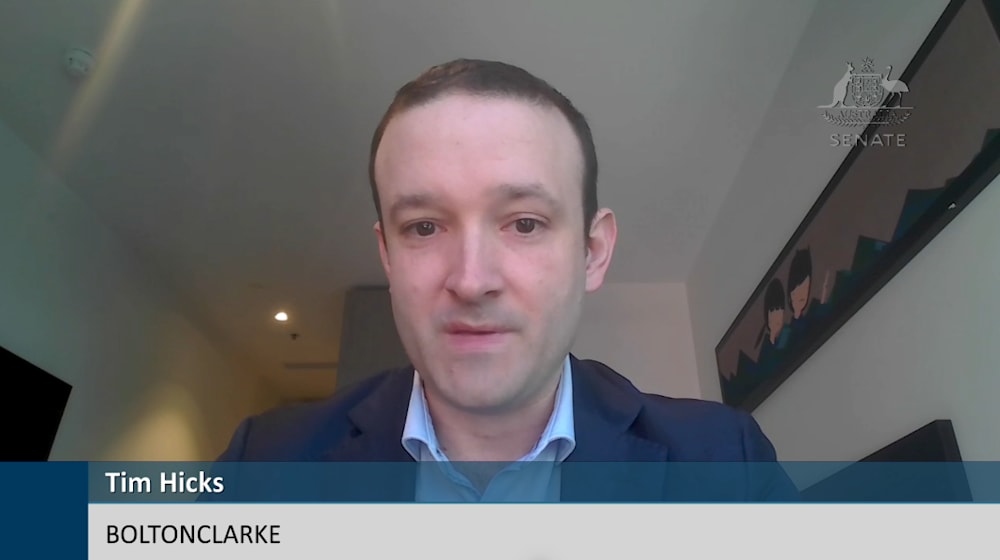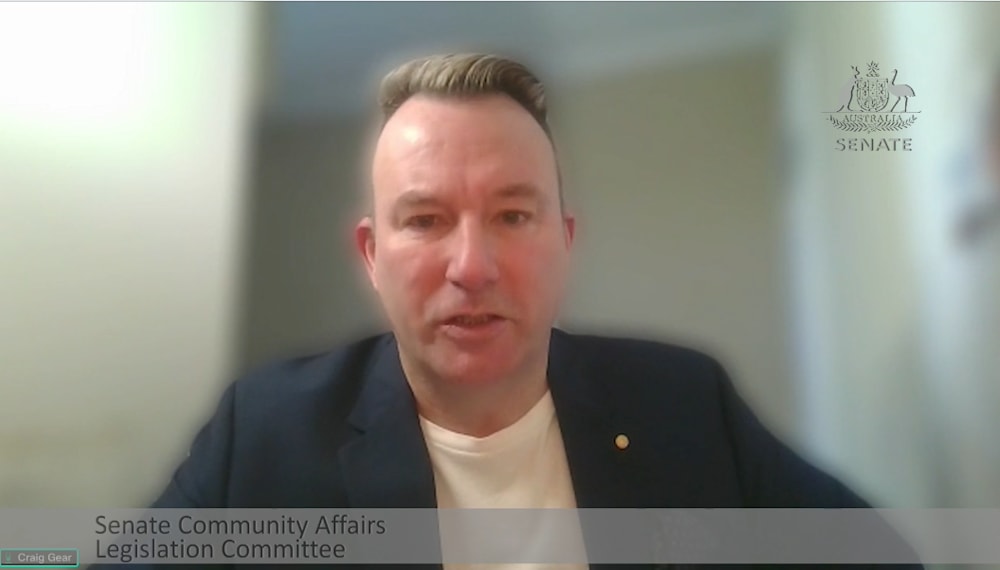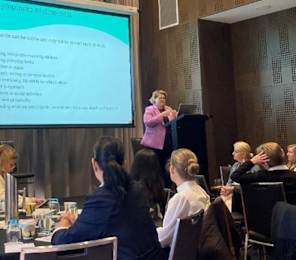The only hearing of the Senate Inquiry into two new aged care Bills was held at Canberra's Parliament House last Friday (8 August), allowing little time, and at short notice, to interrogate the Bills, which propose hundreds of changes to legislation.
The Senate Inquiry was established on 31 July 2025 to examine the Aged Care (Accommodation Payment Security) Levy Amendment Bill 2025 and Aged Care and Other Legislation Amendment Bill 2025 (ACOLA), both supporting legislation to the new Aged Care Act.
Henry VIII clause
A key concern highlighted both in submissions to the Inquiry and during the hearing, was ACOLA's inclusion of a so-called 'Henry VIII clause', which, if implemented, would grant the Minister power to create regulations to address unintended consequences of the new Aged Care Act (see below). The powers would be in place for two years.
Senator Anne Ruston (main picture) said the powers were "extraordinary", "significant", and "extreme", during the hearing.
To provide more oversight of these proposed change, National Seniors Australia recommended the powers of the Office of the Inspector-General of Aged Care be extended to allow it to monitor and publicly report on the use of the powers.

While submissions and hearing witnesses did express reservations about the Henry VIII clause, they supported it in principle, and generally stressed the importance of passing the Bills so that implementation of the once-in-a-generation reforms under the new Aged Care Act can proceed.
Main priority: get the laws passed

Tim Hicks (right), Executive General Manager, Policy and Advocacy, Bolton Clarke, which has 16,000 people providing care across 11,000 home care visits daily, as well as 43 retirement villages and 88 residential aged care homes, said the priority should be to pass the bills and ensure the rules are registered "as soon as possible".
Once the rules are registered, Services Australia can begin means-testing assessment for home care clients. "Whilst it's possible for us to proceed as providers in discussing new prices and new care plans with older Australians without this information, it's far from ideal," Tim said.
He said Bolton Clarke would be able to scale up to deliver the equivalent of 27,000 Home Care Packages after 1 November, the number that might have been implemented if Packages were rolled out from 1 July, "as long as we have some early advise that that's what is going to happen in terms of the release schedule".
Interim home care "embeds" rationed care
In a submission, Catholic Health Australia wrote it was concerned about "interim" home care funding of 60% of the recommended level, which, it claimed, will "embed a rationed care model, where older people may wait for essential services".
"If interim budgets are retained, they should reflect the next-lowest Support at Home package level under the level an older Australian is assessed for, rather than a fixed percentage," they recommended.
"CHA and its members are concerned that providers may be placed in a position where they are underfunded to deliver adequate services, yet remain obligated to meet the Strengthened Aged Care Quality Standards. While the interim allocation aims to provide some care rather than none, it risks compromising care quality and safety, and fails to meet the full needs of recipients."
Cancellations
Another contentious issue was the inclusion of a requirement of 48 hours' notice for any changes or cancellations to services.

Craig Gear (right), CEO of the Older Person's Advocacy Network (OPAN), told the hearing, "This hasn't been consulted on ... OPAN believes that, in emergency situations or exceptional circumstances, the shift fee should be able to be waived or unchanged. This includes co-contributions."
The Senate Inquiry is due to report on 21 August 2025.
You can read the submissions here.











